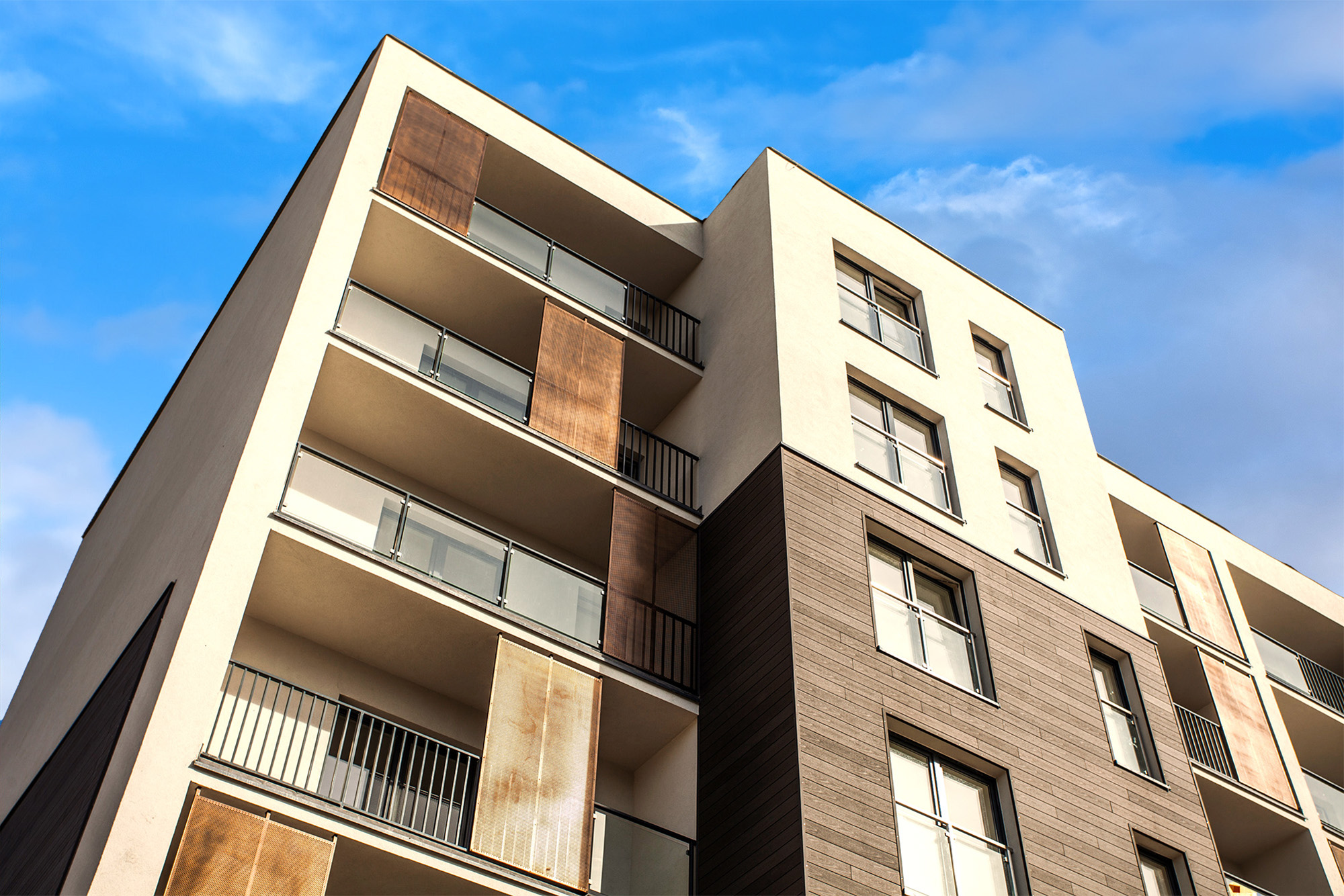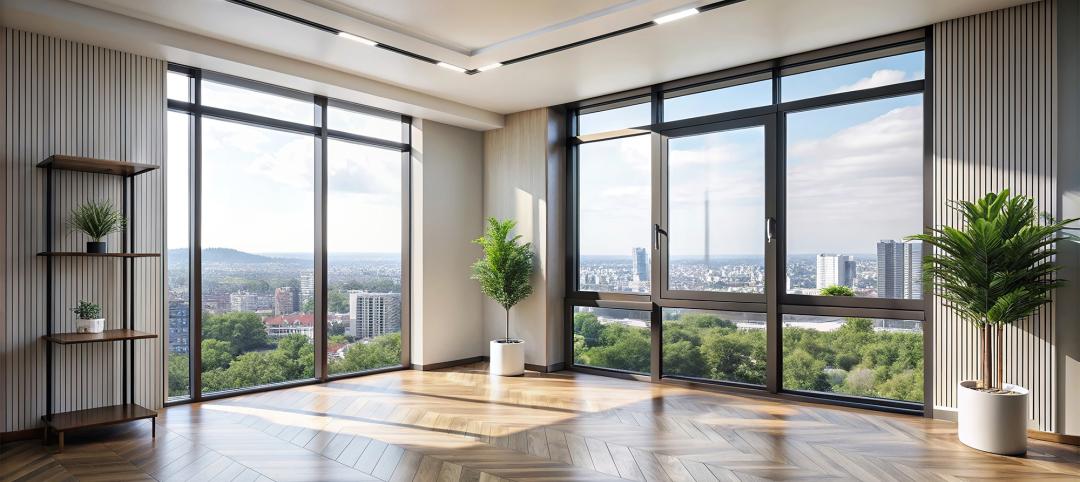Over 56 developers, operators, and investors across the country were surveyed in John Burns Research and Consulting's recently-launched Apartment Developer and Investor Survey. The November 2023 report collected two month's of data to find clarity in the multifamily market, including capital access, lease-up challenges, and the overall development pipeline.
Overall, Burns has outlined four key takeaways for developers and investors to be mindful of in 2024.
Burns Apartment Developer and Investor Survey Takeaways
1. Apartment developers anticipate a dramatic decrease in construction and new starts
As post-Covid construction has peaked, developers expect new apartment starts to slow by 20–50%.
Forty percent of developers surveyed have over 500 units currently under construction. While a surge of projects will finish by 2025, future starts are believed to slow dramatically.
Nearly all respondents have found securing financing to be increasingly difficult.
2. Investors “sidelined” as interest rates create cautious lenders
Apartment transactions have come to a halt as financing tightens and pricing uncertainty grows. Only 16% of those surveyed reported selling an apartment property in the last six months, and 70% say they are not planning to purchase in the next six months.
There was little consensus on current pricing levels. A few respondents believe their assets are undervalued, while the rest are split between seeing their assets as fairly-priced or overvalued. According to Burns, this disparity reflects the ongoing disconnect between buyers and sellers.
3. Affordability is an important factor for residents of newly opened communities
A significant factor for resident retention is affordability. The research finds that the most common reasons tenants won't renew their lease is to move into a less expensive apartment or to move in with roommates instead.
Three-quarters (75%) of respondents are averaging double-digit monthly leases at unstabilized communities as well, indicating healthy lease-up trends.
4. Thoughtful design and amenities—especially service-oriented ones—must be superior
According to Burns, developers have underscored the importance of project design and high-quality amenities. Those surveyed indicated that new communities must have amenities that are in-line, if not superior, to the competition.
Some have also begun focusing less on physical amenities like pools and parks, and more on service-oriented amenities such as concierge services.
Click here to access the entire Apartment Developer and Investor Survey.
Related Stories
Apartments | Jun 25, 2024
10 hardest places to find an apartment in 2024
The challenge of finding an available rental continues to increase for Americans nation-wide. On average, there are eight prospective tenants vying for the same vacant apartment.
MFPRO+ News | Jun 24, 2024
‘Yes in God’s Backyard’ movement could create more affordable housing
The so-called “Yes in God’s Backyard” (YIGBY) movement, where houses of worship convert their properties to housing, could help alleviate the serious housing crisis affecting many communities around the country.
Multifamily Housing | Jun 17, 2024
Elevating multifamily properties through quiet luxury
As the demands of urban living continue to evolve, the need for a tranquil and refined home environment has never been more pronounced.
Multifamily Housing | Jun 14, 2024
AEC inspections are the key to financially viable office to residential adaptive reuse projects
About a year ago our industry was abuzz with an idea that seemed like a one-shot miracle cure for both the shockingly high rate of office vacancies and the worsening housing shortage. The seemingly simple idea of converting empty office buildings to multifamily residential seemed like an easy and elegant solution. However, in the intervening months we’ve seen only a handful of these conversions, despite near universal enthusiasm for the concept.
Adaptive Reuse | Jun 13, 2024
4 ways to transform old buildings into modern assets
As cities grow, their office inventories remain largely stagnant. Yet despite changes to the market—including the impact of hybrid work—opportunities still exist. Enter: “Midlife Metamorphosis.”
MFPRO+ News | Jun 11, 2024
Rents rise in multifamily housing for May 2024
Multifamily rents rose for the fourth month in a row, according to the May 2024 National Multifamily Report. Up 0.6% year-over-year, the average U.S. asking rent increased by $6 in May, up to $1,733.
Apartments | Jun 4, 2024
Apartment sizes on the rise after decade-long shrinking trend
The average size of new apartments in the U.S. saw substantial growth in 2023, bouncing back to 916 sf after a steep decline the previous year. That is according to a recent RentCafe market insight report released this month.
MFPRO+ News | Jun 3, 2024
New York’s office to residential conversion program draws interest from 64 owners
New York City’s Office Conversion Accelerator Program has been contacted by the owners of 64 commercial buildings interested in converting their properties to residential use.
MFPRO+ New Projects | May 29, 2024
Two San Francisco multifamily high rises install onsite water recycling systems
Two high-rise apartment buildings in San Francisco have installed onsite water recycling systems that will reuse a total of 3.9 million gallons of wastewater annually. The recycled water will be used for toilet flushing, cooling towers, and landscape irrigation to significantly reduce water usage in both buildings.
MFPRO+ News | May 28, 2024
ENERGY STAR NextGen Certification for New Homes and Apartments launched
The U.S. Environmental Protection Agency recently launched ENERGY STAR NextGen Certified Homes and Apartments, a voluntary certification program for new residential buildings. The program will increase national energy and emissions savings by accelerating the building industry’s adoption of advanced, energy-efficient technologies, according to an EPA news release.


















